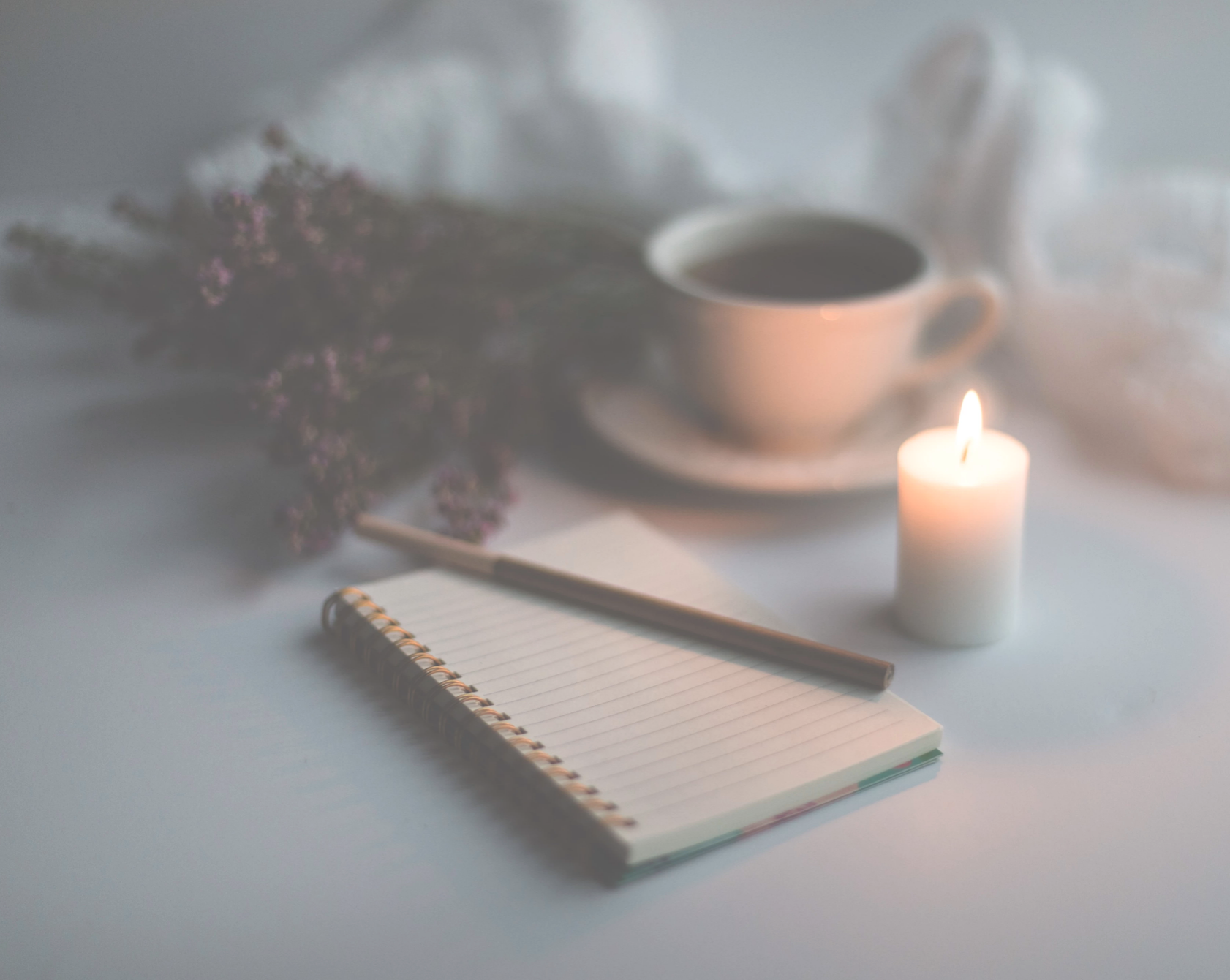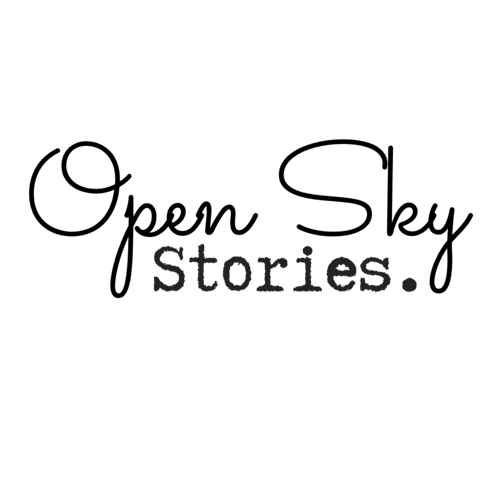I believe, with every ounce of my 4ft11 body, that writing holds intrinsic healing powers. There is endless research that shows the correlation with writing and healing from trauma, a decrease in stress levels and an increase in connectedness to life. But mostly, I believe because I live it.
The beautiful thing about this practice is that you do not need to be a great writer in order to benefit from the healing power of writing. And your only cost is that of a pen and paper.
Writing allows you to:
- Be Present: Writing by hand is a way of slowing down so that you can be present to your own story as it unfolds.
- Change the narrative: We are often harsh narrators of our own stories. This is a way to let go of the victim narrative that we often repeat to ourselves. ‘Why me’ can become ‘I can do this’.
- Process experiences: When we don’t know what to do, putting words on paper feels tangible. It helps to see it right there in front of you, instead of just swimming around in your head.
- Unburden yourself: You can be completely and brutally honest about your feelings while you write. Nobody else will read your words. Say what you really feel and unburden yourself from the inner judgment around them. Write it down, and release.

Other benefits to writing are that you will propel your personal growth, practice creative expression, and improve your memory.
Types of writing that can provide healing include: gratitude journaling, brain dump, writing down goals and using writing prompts. I mix these up and write what I need in that moment. Using prompts can be helpful when you are just starting out and not sure what to say.
One of my main goals with Open Sky Stories, is to help you put words on paper. Not so that you can write the next best-selling novel, but so that you can find comfort and connection. For daily posts of writing inspiration, real-life stories and book talk, follow on Instagram.
Want to read about my own evolution of healing through words? Click here to see how writing has been instrumental through trauma and just daily life.
Note: this is not meant as a substitute for professional counselling and/or medical treatment for depression, anxiety or any other serious mental health condition.

Thanks for your blog, nice to read. Do not stop.